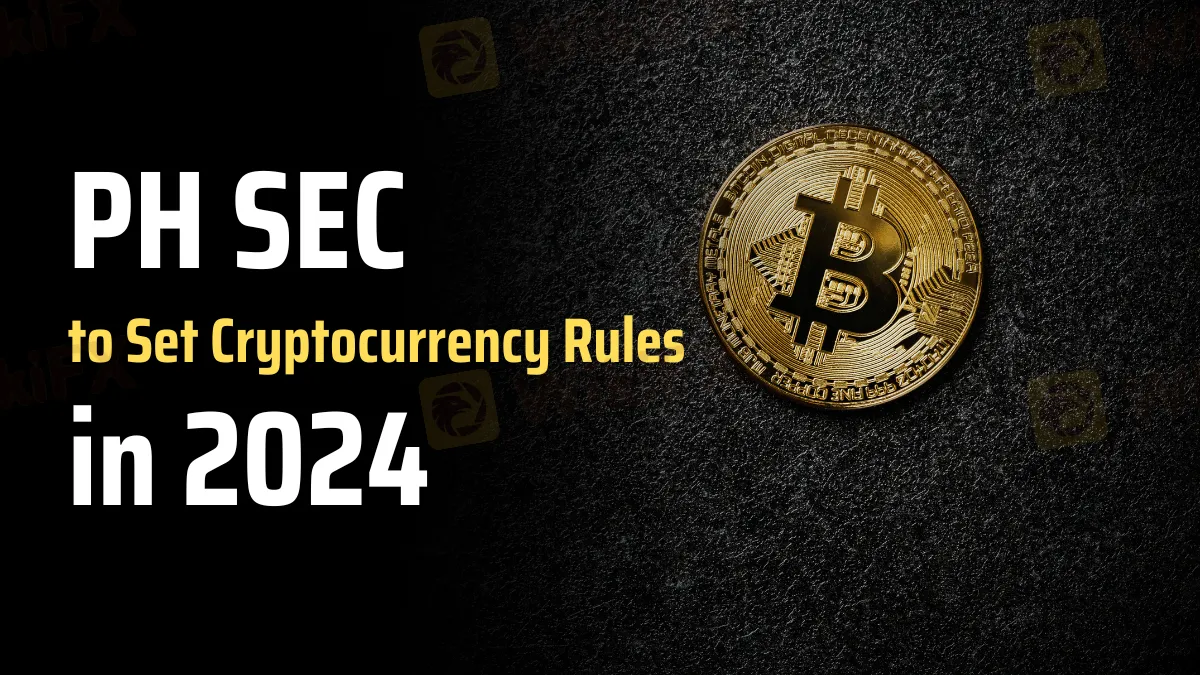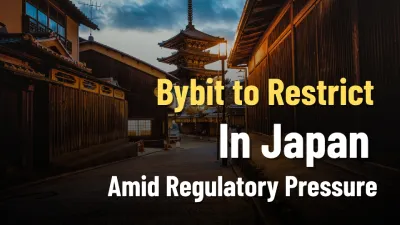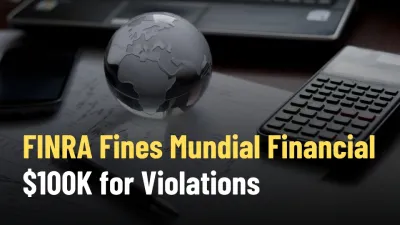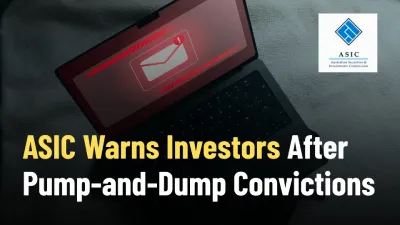Bybit to Restrict Services in Japan Amid Regulatory Pressure
Crypto exchange Bybit will limit access for Japanese users in 2025, citing compliance with strict local regulations.
简体中文
繁體中文
English
Pусский
日本語
ภาษาไทย
Tiếng Việt
Bahasa Indonesia
Español
हिन्दी
Filippiiniläinen
Français
Deutsch
Português
Türkçe
한국어
العربية
Abstract:The Philippine Securities and Exchange Commission (SEC) will introduce a cryptocurrency regulatory framework in the second half of 2024 to protect users.

The Philippine Securities and Exchange Commission (SEC) wants to build a complete cryptocurrency regulatory framework in the second half of 2024. With this effort, the SEC pledges safe and open bitcoin trading in the Philippines.
The rapidly growing sector, which has gained immense popularity with Filipinos, is anticipated to gain advantages from the forthcoming regulations by offering transparency and protection. Emilio B. Aquino, the chairman of the SEC, stressed the agency's dedication to maintaining market integrity and protecting the interests of local investors.
Following growing scrutiny of bitcoin exchanges operating in the nation, Aquino made his statement. One of the biggest cryptocurrency exchanges in the world, Binance, has had its mobile apps removed from the app stores by digital behemoths Apple and Google, as part of an increased SEC surveillance. The SEC is concerned since Binance does not hold a formal license to do business in the Philippines, which is necessary to guarantee legal compliance and consumer safety.

The SEC chairperson was hopeful that, as in the past, Apple and Google would reply swiftly to their request. The SEC's more general plan to reduce illicit cryptocurrency activity and strengthen regulatory compliance includes this proactive approach.
Aquino defended the regulator's conduct in the face of allegations of prejudice. He made it clear that the decision was not directed at Binance in particular, but rather was motivated by the necessity for regulatory control, as shown by the demise of FTX, another prominent cryptocurrency exchange. For Aquino, this episode acted as a wake-up call, highlighting the need of strict regulatory measures to avoid such disasters.
Republic Act No. 8799 guides the SEC's stance on cryptocurrency regulation by requiring all financial service providers—including cryptocurrency exchanges—to have the required licenses before starting business. A keystone of the SEC's regulatory structure, this regulation guarantees that all companies follow just and legal procedures.
Even with the legislative steps, Aquino recognized the shortcomings of them, pointing out that tech-savvy investors may still use virtual private networks (VPNs) to access uncontrolled platforms. However, he did emphasize that rather than outlawing unlicensed cryptocurrency activity, the SEC's role is to lower risks and increase investor awareness of their legal options.
To cultivate a strong and enduring cryptocurrency environment in the Philippines, the SEC will prioritize finding a harmonious blend of encouraging innovation and safeguarding investors when unveiling its cryptocurrency regulations. It is anticipated that this collection of rules will become the standard for controlling new technologies and protecting the interests of all participants in the digital era.

Disclaimer:
The views in this article only represent the author's personal views, and do not constitute investment advice on this platform. This platform does not guarantee the accuracy, completeness and timeliness of the information in the article, and will not be liable for any loss caused by the use of or reliance on the information in the article.

Crypto exchange Bybit will limit access for Japanese users in 2025, citing compliance with strict local regulations.

The first batch of victims involved in the BSN investment scam has received full refunds from Bank Simpanan Nasional (BSN), according to Sarawak DAP chairman and Stampin MP Chong Chieng Jen.

FINRA fines Mundial Financial Group $100K for compliance failures, AML violations, and unregistered principal activity.

ASIC warns of rising pump-and-dump scams after four Australians were convicted for manipulating penny stocks via Telegram.
